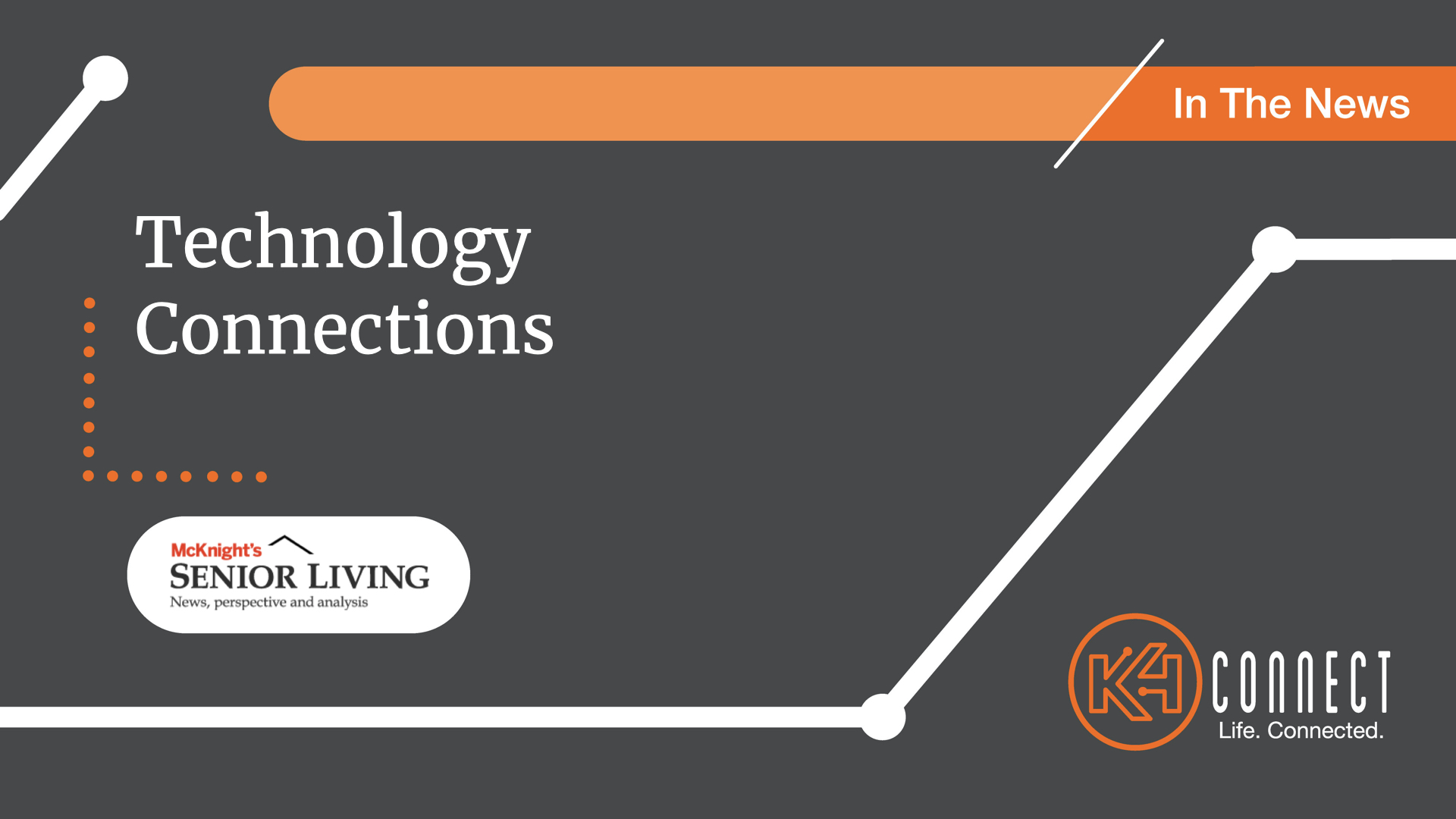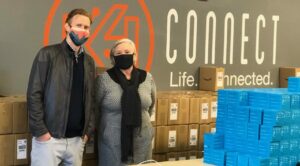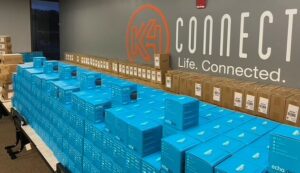As vaccinations pick up, tech leaders look to broaden use without discouraging real-world interaction. Acts announced a partnership with software firm K4Connect to automate health and safety check-ins with voice activated controls in rooms among other digital capabilities.
By: Angus Loten
March 29, 2021
To cope with Covid-19 restrictions, senior-living condo and apartment operators expanded digital services for residents over the past year, from video-chat apps to virtual assistants, live-stream fitness classes and virtual-reality day trips.
Now, as the pace of coronavirus vaccinations picks up, technology leaders at many of these facilities are hoping to broaden the use of software tools that helped stave off social isolation amid lockdowns, social-distancing and quarantines—without discouraging real-world interaction.
“You can live life by app, but do I really want to be that lonely,” said Peter Kress, senior vice president and chief information officer at Acts Retirement-Life Communities Inc., a Fort Washington, Penn.-based company that runs more than two dozen senior-living facilities across nine states. “We always want our environments to be social environments,” Mr. Kress said.
Unlike nursing homes, which provide full-time medical care in a clinical setting, and where Covid-19 took an especially heavy toll, residents in senior-living facilities live in their own apartments or rooms, while sharing common areas. Typical amenities include housekeeping and laundry services, recreational activities, personal care, and 24-hour supervision and security.
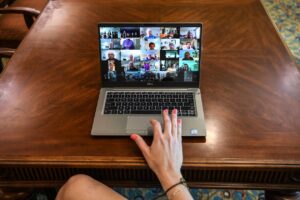
In the past year, Mr. Kress said, most of the company’s residents became avid users of videoconferencing platforms, like Microsoft Corp.’s Teams, to stay in touch with friends and family. They participated in virtual book clubs, bible studies and other live-streamed events hosted by the facility, and used apps to order meals and from on-site restaurants, among other things.
That heightened comfort level with tech has prompted his team to roll out physical robot assistants, which can act as mobile devices for visual and audio communications, or perform tasks like delivering meals to residents’ rooms. He said the plan is to introduce robots gradually by putting them on the “night shift,” vacuuming floors and painting vacant rooms after most residents have gone to bed.
Acts last week announced a deal with software firm K4Connect to automate health and safety check-ins with motion-detection sensors, which let staff know when residents are up and about. Previously residents had to manually press a button to signal that they were out of bed. The firm plans to install voice-activated controls in rooms and apartments, such as lights, thermostats and televisions, among other digital capabilities.
Scott Moody, K4Connect’s co-founder and chief executive officer, says the pandemic “obliterated the chasm” between the thousands of devices and apps on the market, and what senior-living residents are willing to try.
The company, which works with roughly 1,000 senior-living facilities across the U.S., brings different platforms, apps and devices together under a single operating system. The aim is to provide residents with a consistent interface for an ever wider range of digital tools.
Its platform gathers data from users to create a personal profile, which can then be used to help connect them with different communities within a facility, such as chess players or veterans.
“What we really want to do is foster that physical engagement,” he said.
Mr. Kress says the goal of these and other tools is to maintain the health and well-being of residents, enabling and motivating them to stay engaged with friends and neighbors outside their rooms—rather than isolated in an automated, self-sufficient environment, he said. As of this week, about 97% of the facilities’ 10,000 residents have been vaccinated, the company said.

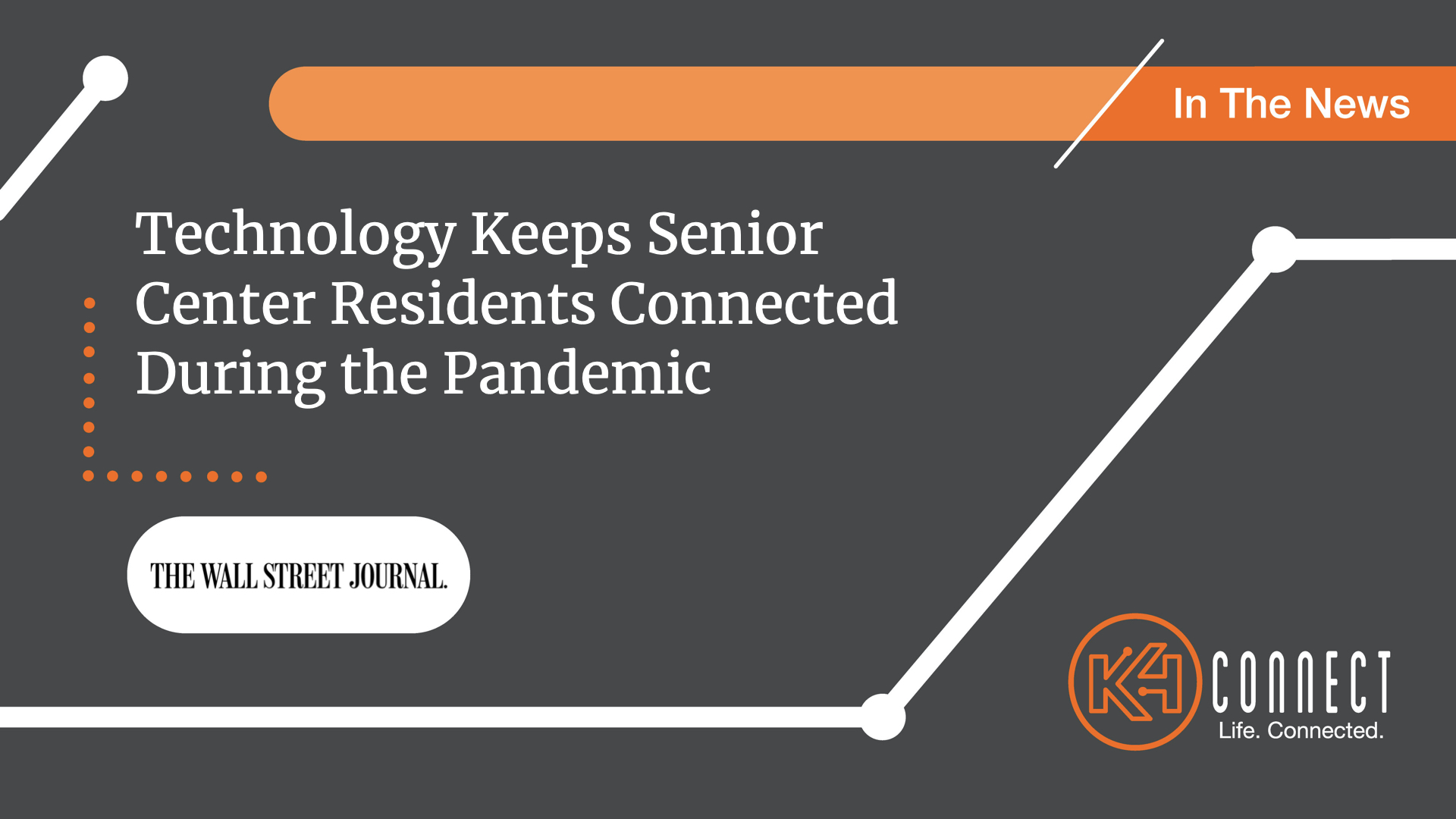
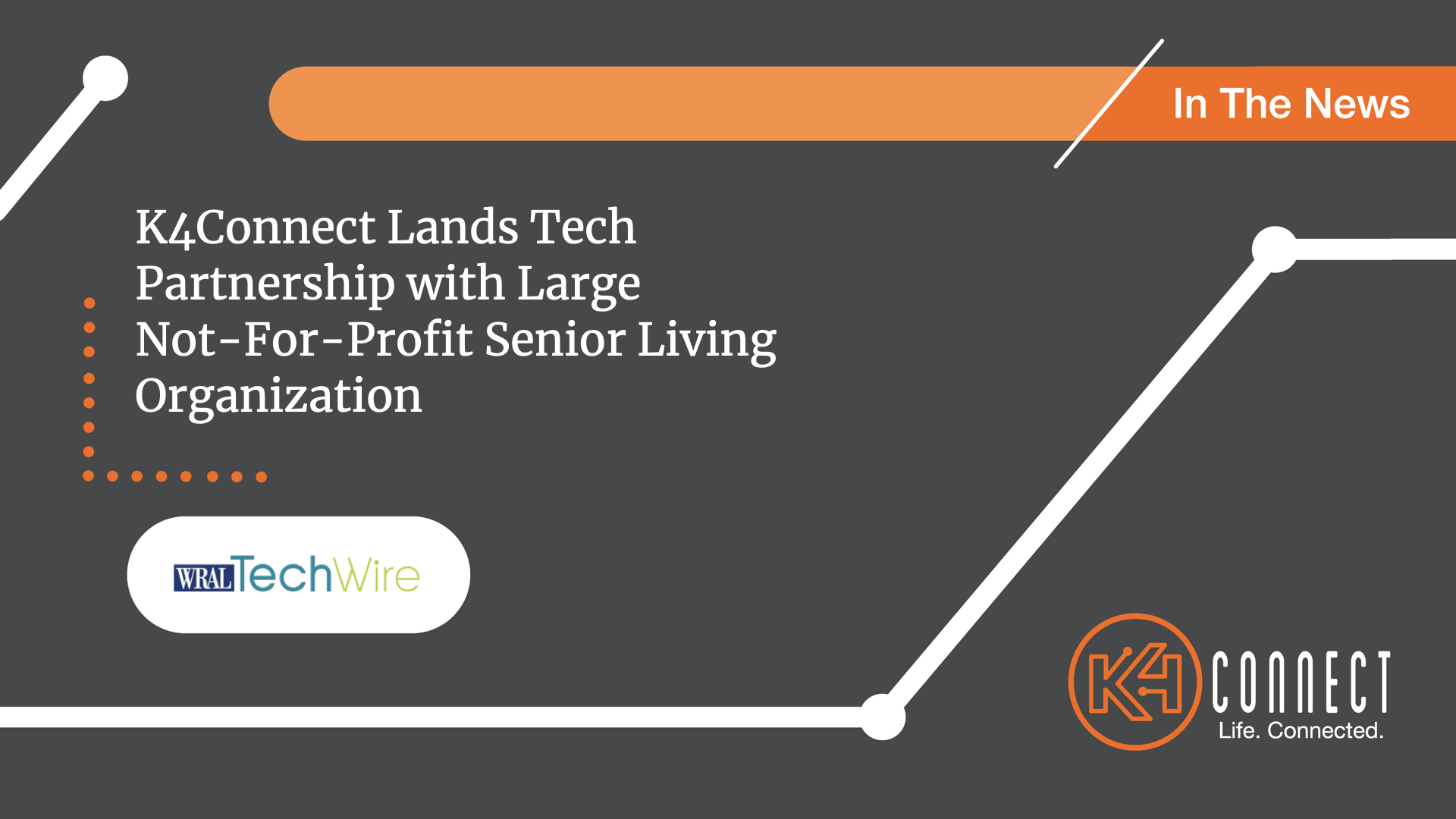
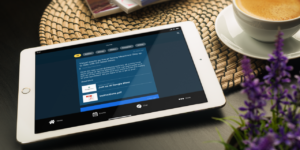

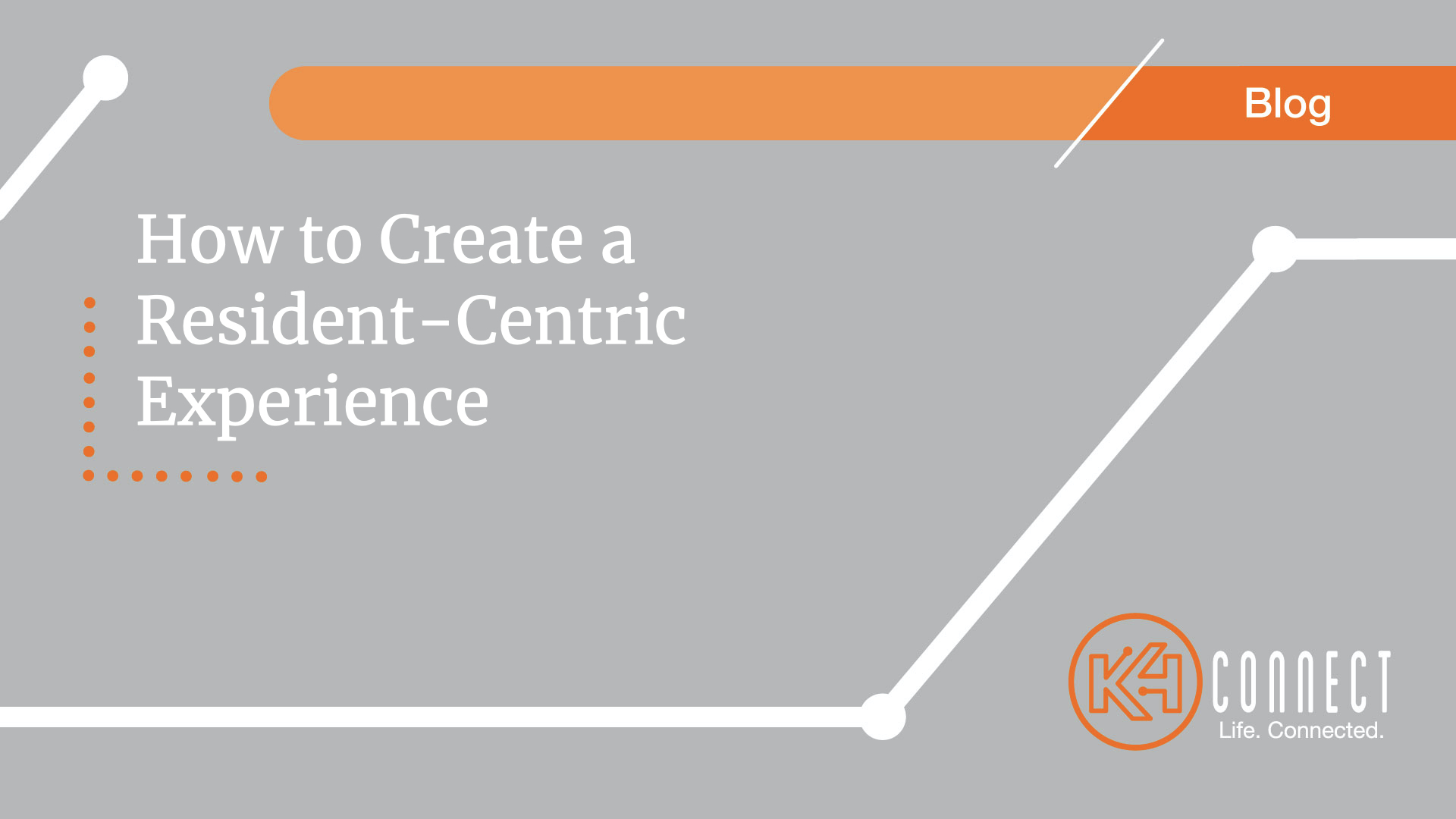
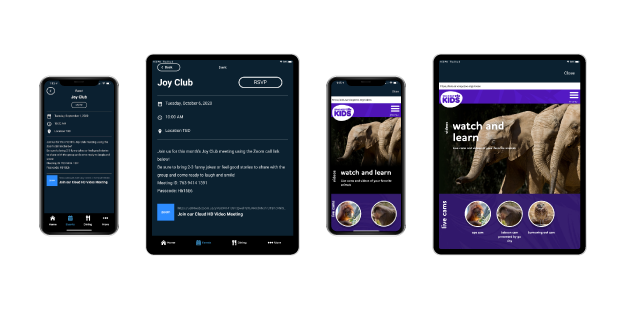
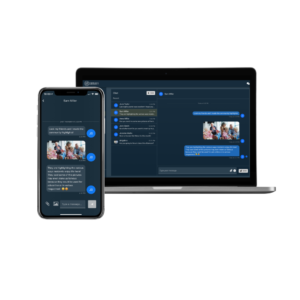
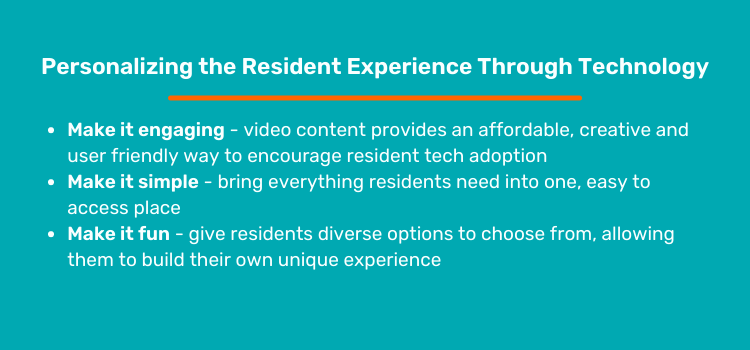
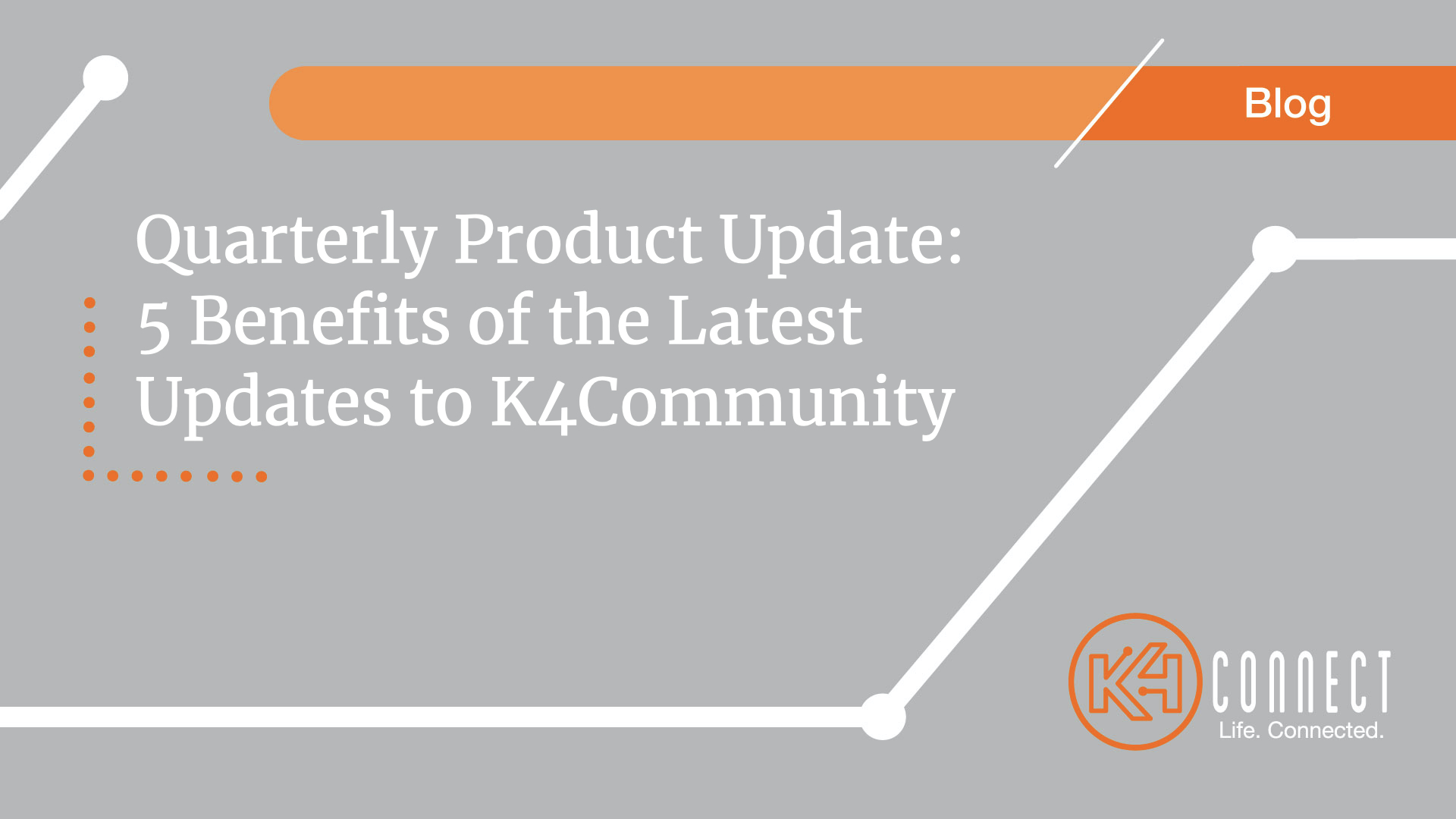
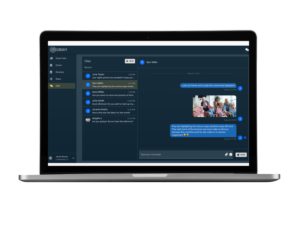

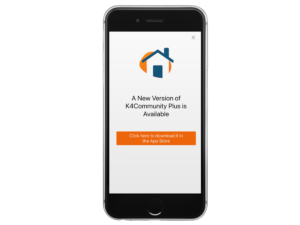
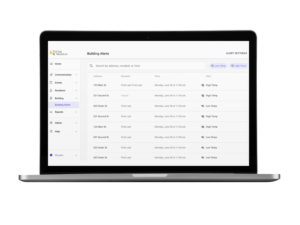

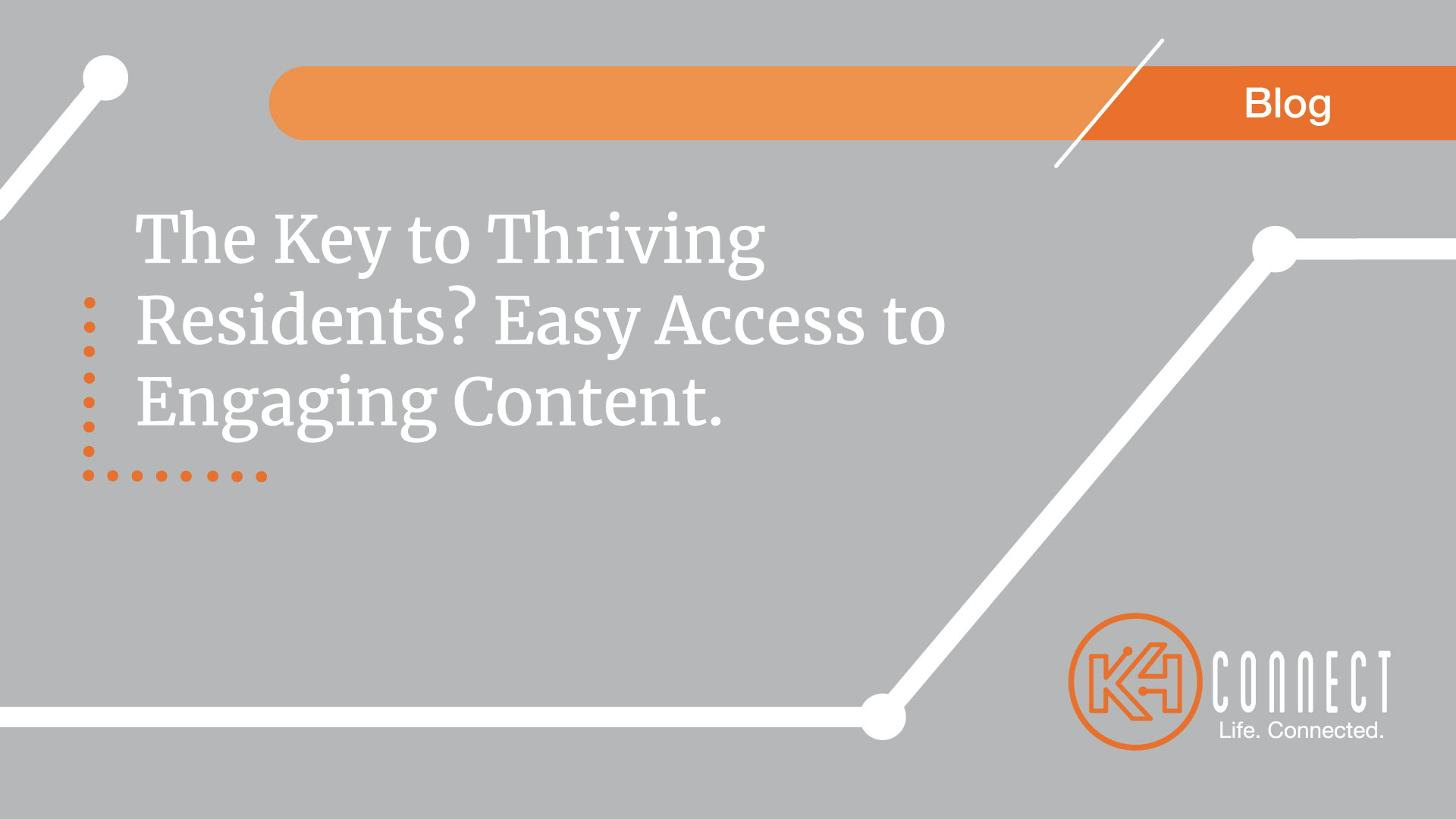
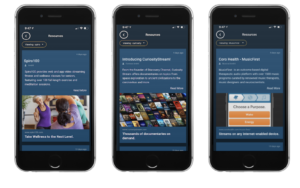


 1. What is in your pockets?
1. What is in your pockets?

